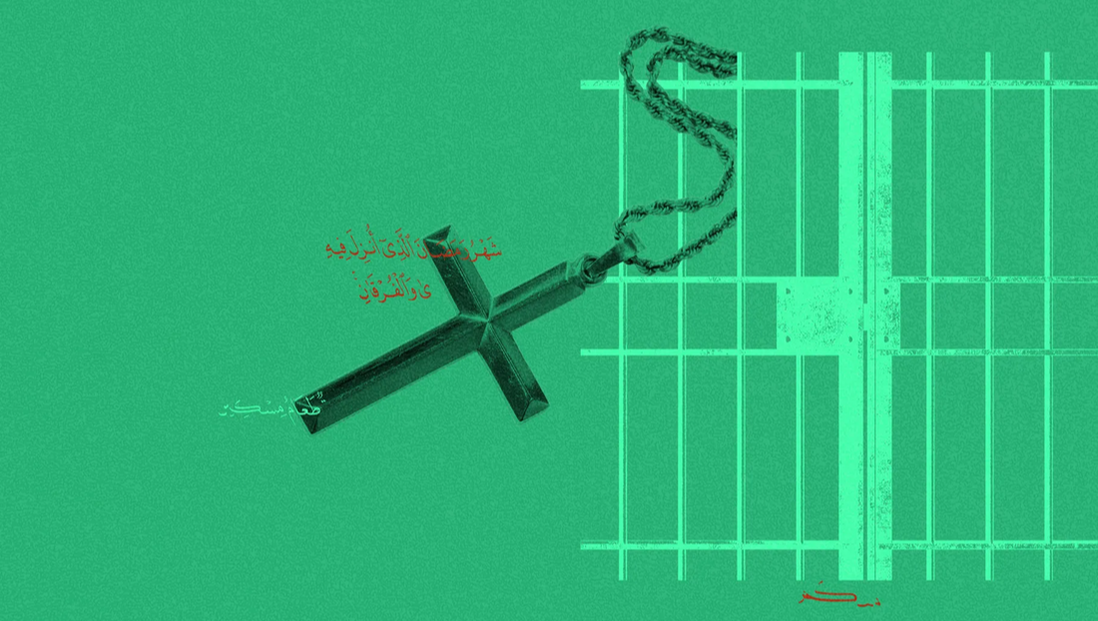|
Justices of the U.S. Supreme Court in the oral argument for Ramirez v. Collier Tuesday addressed the issue of a condemned man’s religious rights at his execution – coming from angles both critical and approving of an expansive view of those rights.
John H. Ramirez was convicted of stabbing a convenience store clerk to death when he was twenty years old. Now 37, Ramirez claims to have had a conversion experience and requests that his pastor be allowed to lay hands on him and pray while he is executed by lethal injection. Ramirez based his request on the Religious Land Use and Institutionalized Persons Act (RLUIPA), which the Court had previously found to grant inmates an “expansive protection of religious liberty.” Texas rejected his request. (In September, Protect The 1st filed a brief urging the Court to recognize that denying Ramirez’s wish would be a substantial burden on his free exercise of religion.) In Tuesday’s hearing, Justice Brett Kavanaugh’s circled around the question of whether the State of Texas has a compelling interest in ensuring that executions are carried out with “zero risk” of interference with the process. He noted that having “another person in the room” heightens risk to the execution process. Later, Justice Amy Coney Barrett asked if the State of Texas expected “zero risk” to the procedure to be the acceptable compelling interest for the state. Ramirez’s attorney, Seth Kretzer, said no such incidents of interference from clergy in Texas executions had occurred in the last 100 years. He also noted that any religious accommodation – such as gathering inmates for religious ceremonies as envisioned by RLUIPA – would necessarily entail some small degree of tolerable risk. Justice Samuel Alito expressed concern that granting Ramirez’s request could lead to “an unending stream” of variations on this case. Noting that correctional officers would prefer any contact between the prisoner and pastor be as far from the site of a lethal injection to the arm, Alito suggested the touching could be done on the foot. Would the court later have to hear cases about touching a knee, the hand or the head, Alito asked, adjudicating “the whole human anatomy?” Justice Sonia Sotomayor showed the greatest sympathy for Ramirez. She batted down the complaint of the Texas Solicitor General that Ramirez’s filings had delayed his execution, while ignoring the delays the state’s own, often tardy, denials have caused. Attorney Kretzer got the last word, telling the court that the only botched executions in recent history occurred at the hands of incompetent administrators of fatal drugs. Kretzer summed up the case for Ramirez in an eloquent statement to The Corpus Christi Caller-Times. The First Amendment applies in the most glorified halls of power and also in the hell of an execution chamber. Comments are closed.
|
Archives
June 2024
Categories
All
|
ABOUT |
ISSUES |
TAKE ACTION |



 RSS Feed
RSS Feed